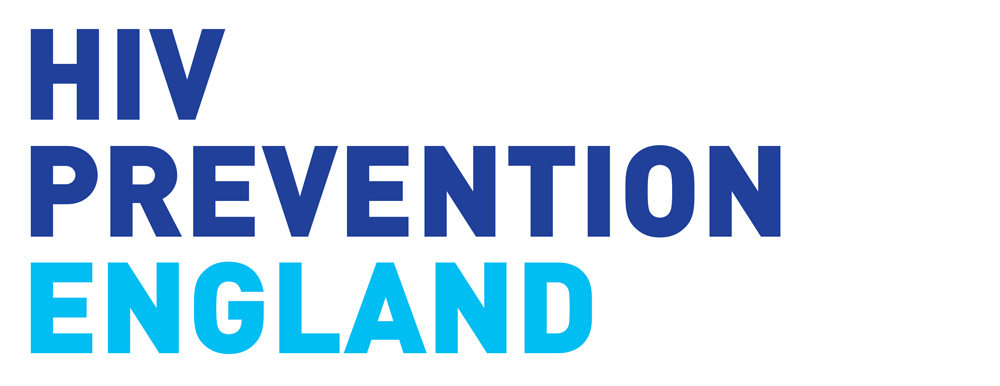The HIV Prevention England Conference 2022 will take place on Friday 30 September 2022 at etc.venues St Paul’s in central London. It’s free to attend for all those working in sexual health and HIV prevention.
We’re happy to announce that we’ve released a limited number of final places to attend this event.
The conference will explore updates on HIV prevention and sexual health in England with speakers and partners from across the country.
Read our programme outline [PDF].
Conference information
When: Friday 30 September 2022
Where: etc.venues St Paul’s, 200 Aldersgate, London, EC1A 4HD
How to register
Please note that, as this is a free event, restrictions on numbers of registrants per organisation may apply.

 The It Starts With Me summer campaign will focus on raising awareness of HIV and sexually transmitted infections (STIs), alongside HIV and STI prevention strategies. Activities for the campaign will start on Monday 4 July 2022.
The It Starts With Me summer campaign will focus on raising awareness of HIV and sexually transmitted infections (STIs), alongside HIV and STI prevention strategies. Activities for the campaign will start on Monday 4 July 2022.